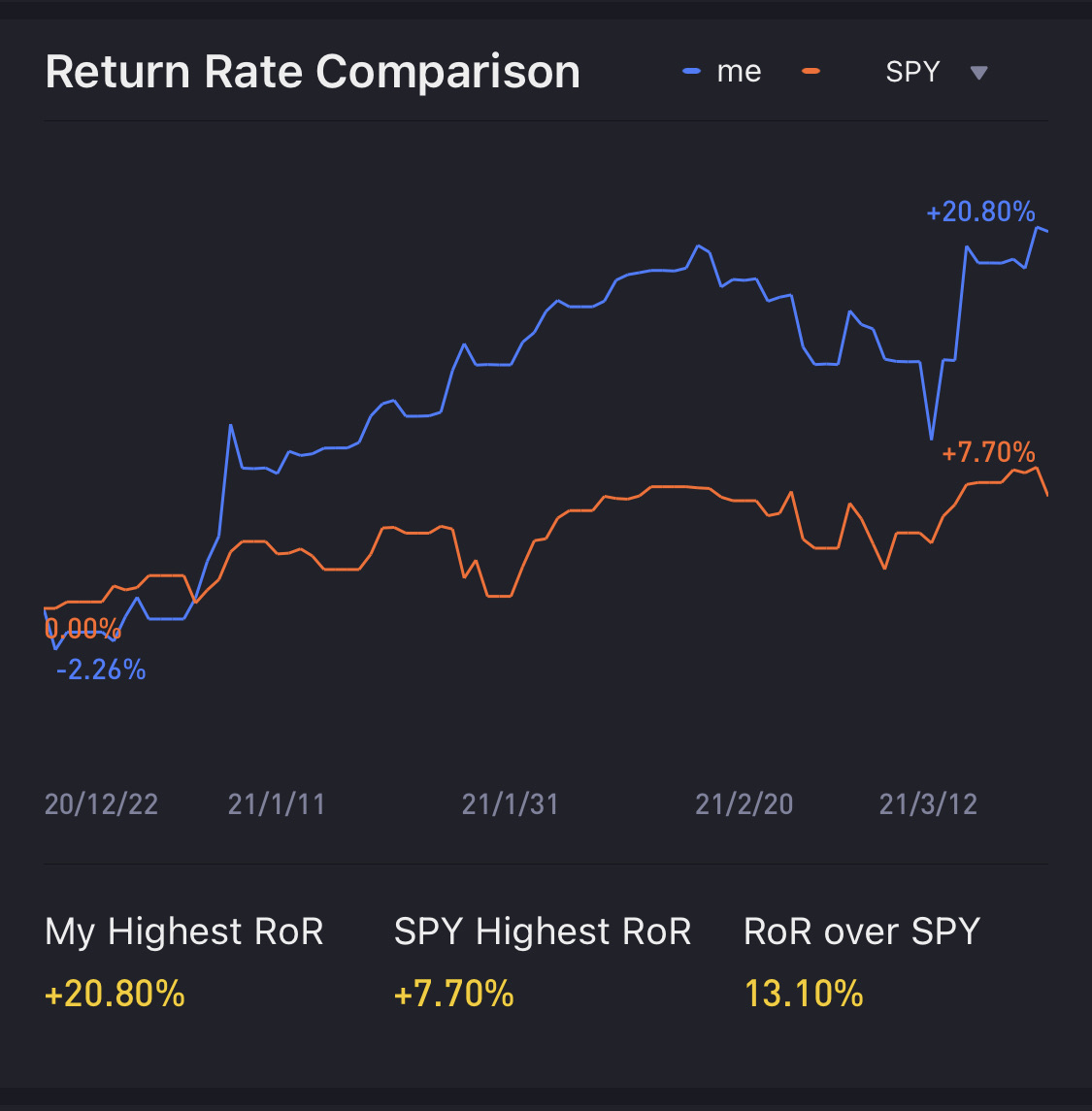The stock market is an interesting game. The majority of the retailers want to be right than actually making money. The ones who can make some money when being wrong and make more money when being right are the seasoned retailer. So, how do you do that?

1. Don't be stubborn
Always know that things can change. The stock market can be green one day and red the next. No amount of technical indicators, momentum, or market sentiment will help. You might invest in a big company like Wirecard to only get caught in limbo with large losses.
Admit that you can be wrong. Always look for evidence that is different from your understanding. Stop bashing the other party who offer another viewpoint. (Of course, got some are entirely bs-ing). You don't have to win the argument with them. All you need to do is evaluate their concern and decide if it even makes sense. The one who held on to a single belief and never changes will never be able to take advantage of the change in market trend.
2. Manage Your Risk
There are times where you will be right and many times that you will be wrong too. The right doesn't matter if one or two wrong wipe out your entire portfolio. When it comes to both trading and investing, there are always things like average down or average up. Sometimes you close a position at a loss to only see it go up. Sometimes you decide to average down and make money in the reverse. These are strategies without right or wrong.
Don't fall into the fallacy that we can always average down to recover. Certainly don't over-commit into an already underwater stock just because of average down. Ask yourself if the reason that you invest the stocks has changed? Did somethings that you thought were good are different than expected? Sunk Cost fallacy is the number one reason why most retailers lose their entire capital. Don't make 10 right decisions only to lose it in 1 wrong decision. Sometimes taking a cap loss is the best choice.
3. Money not made is not money loss
We tend to have many stocks on our watchlist. Occasionally we hope we invested into certain stocks that we feel has bad fundamental or doesn't fit into our risk profile because it rocket in the next feel day. Money not made in such stocks is not money loss. Don't over ponder on it and end up making the wrong decision in the future.
If you always notice this, best to use a paper trading account to go into any stocks you might want to invest in but that don't fit your selection criteria. Use the same amount of capital and trading size that you usually use. Over time, watch it sink and you will notice that is not such a bad choice to avoid it. If it grows consistently, then relook at your criteria on the selection of stocks. You might be able to find some patterns that help improve your selection in the long run.
Comments